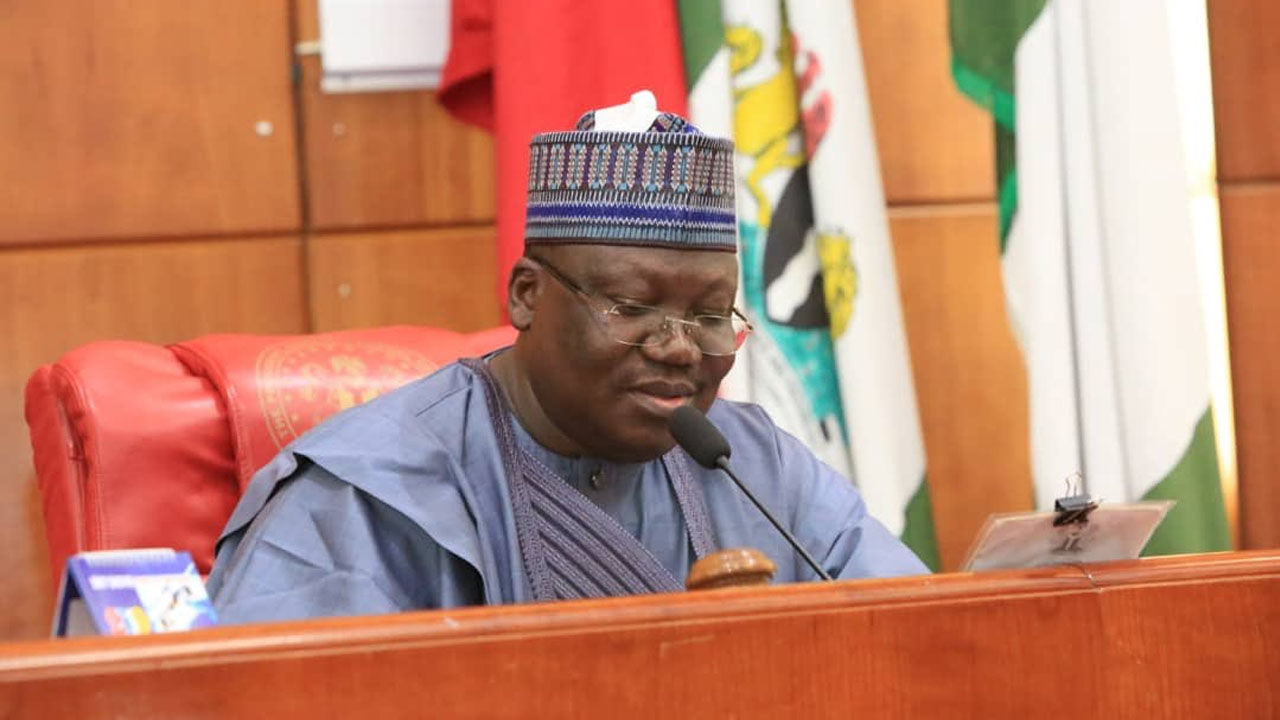Lagos State Commissioner for Economic Planning and Budget, Mr Ope George, yesterday, revealed that the state’s Gross Domestic Product (GDP) rose to N14.85 trillion in the first quarter of 2025, with a real growth rate of 1.75 per cent, a further slowdown from 3.01 per cent in Ǫ4 and 3.88 per cent in Ǫ3 2024.
Speaking yesterday during a Budget Consultative Forum on the 2026 budget for stakeholders and residents of the Ikeja Division of the state, George disclosed that the service sector remained dominant, contributing over 90 per cent of total output, though its growth momentum softened, mirroring broader macro pressures and tighter consumer demand.
“Notably, the industrial sector maintained its upward trend from Ǫ4, buoyed by a manufacturing rebound that suggests latent productive strength. Agriculture also returned to growth, driven by gains in crop production, livestock, and fisheries. These signals point to a gradually diversifying economy, though still anchored on Lagos’ urban services base.
“Lagos has officially emerged as the fastest-growing tech city in the world in 2025, leading Dealroom’s Global Tech Ecosystem Index ahead of Istanbul, Pune, and Mumbai. With just a $1.6 thousand GDP per capita, Lagos has outperformed larger economies in enterprise value growth, five unicorn creation, and startup resilience despite structural bottlenecks.
“Lagos has been named the 14th best city in the world, and second in Africa for nightlife in 2025 by Time Out, reflecting rising global recognition and strong local approval (79 per cent). While this boosts Lagos’ cultural brand, the real value lies in leveraging the nightlife sector as a formal economic asset, driving tourism, youth employment, and revenue.”
The ranking signals opportunity but also competition. As cities like Cape Town and Marrakech scale up their night economies, Lagos must invest in safe, inclusive, and well-regulated night zones to translate global attention into sustainable economic gains.”
Lagos GDP rose to N14.85 trillion in Q1 2025, says commissioner

Lagos State Commissioner for Economic Planning and Budget, Mr. Ope George
Lagos State Commissioner for Economic Planning and Budget, Mr. Ope George





